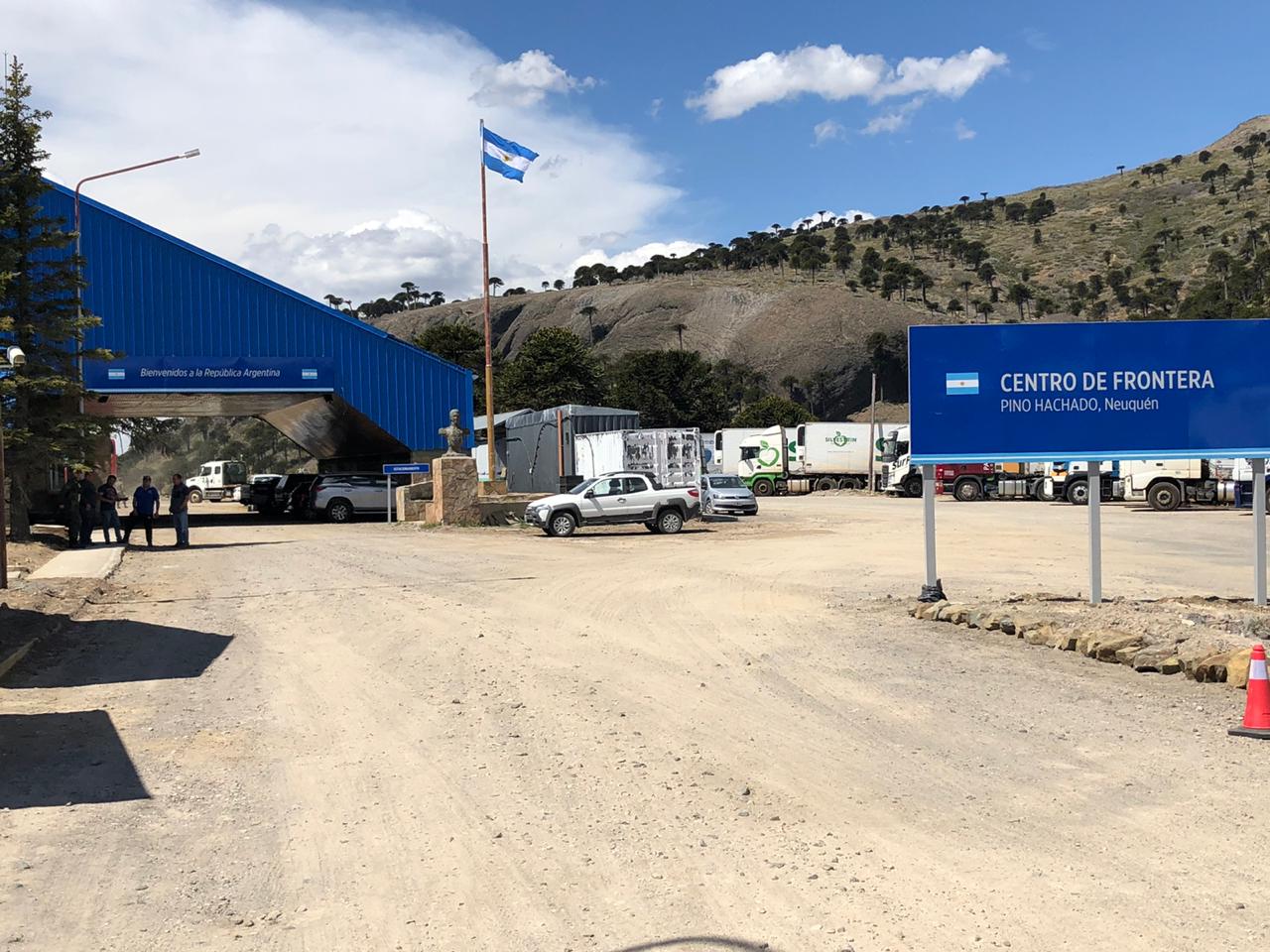RIO DE JANEIRO, BRAZIL – The Chilean government announced on Monday (29) that as of next Wednesday the entry of foreign passengers from seven African countries, where the new variant Omicron of the coronavirus was detected for the first time, will be prohibited. It also postponed the opening of a border crossing to Argentina for at least 15 days.
“We have decided, as a preventive measure until we know more about the new variant, to make some changes to what was previously mentioned in the Protected Border Plan,” said the Undersecretary of Health Care Networks, Alberto Dougnac.
Read also: Check out our coverage on Chile
The provisions adopted by the health authorities as preventive measures, “until more is known about the evolution of the variant (Omicron) in the world”, were announced during the daily delivery of the coronavirus balance.

On the one hand, as of December 1, the restrictions to leave Chile through the authorized air border crossings of Santiago, Iquique, Antofagasta and Punta Arenas will be eliminated, that is to say, neither the mobility pass that includes the vaccines applied nor the permission of the Virtual Police Station will be required, said Dougnac.
But at the same time, from next Wednesday, non-resident foreigners who have spent the last few days in the African countries of South Africa, Zimbabwe, Namibia, Botswana, Lesotho, Esuatini and Mozambique will be prohibited from entering Chile. Genomic surveillance of people coming from abroad will also be reinforced to “timely detect” the new Omicron variant, which was reported for the first time in Africa and is already present in several countries in Europe, Asia, Australia and Oceania.
In addition, due to the rapid spread of the new strain, Dougnac announced the postponement of the reopening of three land border crossings which were to be operational again as of December 1.
The Chacalluta and Colchane crossings, in the extreme north bordering Peru and Bolivia, respectively, and Pino Hachado, adjacent to the Argentine province of Neuquén, in southern Chile, will be closed for at least 15 more days.
According to Dougnac, the situation will be re-evaluated in two more weeks pending the national and international epidemiological evolution of this variant.
In order to enter Chile, both Chileans and resident foreigners must have a negative PCR taken in the country of origin up to 72 hours before boarding the plane and a sworn statement.
While non-resident foreigners must validate their vaccinations, have a negative PCR, a sworn statement and medical insurance. In addition, it was announced that all vaccinated persons, including those who have the complete guideline and the booster dose, must undergo a PCR at the point of entry and comply with a quarantine until a negative result is obtained.
On the other hand, those persons with a positive PCR and suspicion of Omicron variant must undergo quarantine.
At the same time, the new Undersecretary of Health, María Teresa Valenzuela, anticipated that as from January 1, the booster dose of the coronavirus vaccine will be mandatory to obtain a new mobility pass. “The mobility pass will be disabled for anyone over 18 years of age who, since the date of the complete scheme, six months have elapsed and has not had their booster dose,” explained Valenzuela.
Since the beginning of the coronavirus pandemic, Chile exceeded 1.75 million infections and 38,343 deaths due to the disease, after reporting in the last 24 hours 1,979 and 30, respectively, informed this Monday the Ministry of Health.

